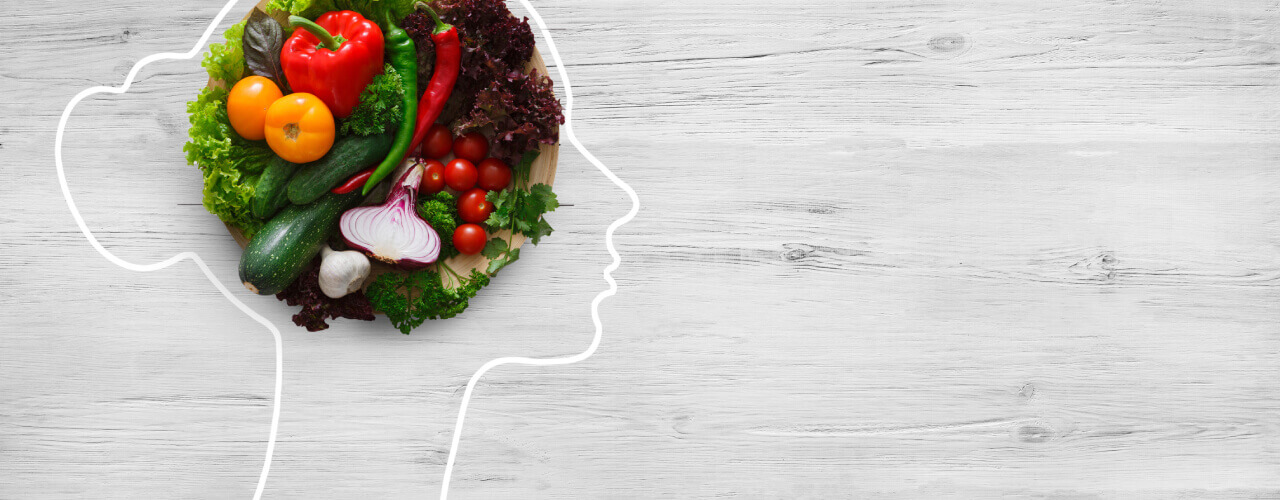Did You Know You Could Find Pain Relief with a Simple Diet Change
A physiotherapist can help you identify ways to improve your nutrition to help reduce your aches and pains.
If you are what you eat, what are you based on your last meal? If your answer was full of saturated fat and processed sugars, it may be time to listen to what your body is telling you. Fortunately, physiotherapy is more than just recovery after surgery.
Lifestyle changes can help tremendously when trying to reach your physical goals. But what kinds of lifestyle changes should you pursue? In addition to regular exercise, including the types of targeted exercises you might receive in physiotherapy, you should examine your sleep, your workplace ergonomics – and your nutrition.
Certain foods have been known to alleviate inflammation, where some foods can aggravate it. In fact, according to Harvard Health Publishing, “A lot of chronic pain is the result of chronic inflammation, and the evidence is quite strong that your diet can contribute to increased systemic inflammation.”
Curious about how your nutrition can help with pain relief? Call our office for more information.
What should I know about nutrition and pain relief?
With so much information about nutrition bombarding us from every side, it’s no wonder we are confused about what to eat for optimal health.
Make no mistake, proper nutrition isn’t about trying a fad to get results, it’s about feeding your body the nutrients it needs to carry you throughout your life.
That is why so many people find themselves gaining and losing the same 20 pounds as they cycle through various nutrition programs.
Fortunately, great nutrition information is easily available in an unlikely source, a physiotherapist.
How is nutrition related to pain relief?
Physiotherapy goes beyond recovering after surgery. A physiotherapist is a specialist in total body movement, including how to give the body what it needs to optimize that movement.
Most pain is caused by inflammation of the joints, muscles or connective tissues throughout the body. As these tissues swell, they compromise the surrounding nerves. The brain processes this information as pain causing the typical aches and pains throughout the body.
Researchers have found that certain foods help fight the inflammatory response that contributes to aches and pains.
Fish high in Omega-3 fatty acids, colorful fruits and vegetables, nuts, and seeds have all been proven to offer relief to people suffering from joint conditions such as arthritis. These foods also boost the immune system, especially in people with autoimmune conditions that may cause pain.
How can physiotherapy help with my nutritional changes?
A physiotherapist’s extensive knowledge of anatomy and physiology can provide you with vital nutrition information that will help minimize your aches and pains.
If your nutrients aren’t properly balanced, your physical function can be impaired. For example, neglecting to eat carbs before an endurance event will cause your body to burn fat as a substitute for fueling your energy.
Your body may even start burning protein, which can deprive your muscles of the strength they normally have. Comparatively, if you have an overload of calcium intakes, but you’re lacking Vitamin D, the calcium won’t make its way to your bones or tissues.
Even if you are not in physiotherapy, a physiotherapist is happy to impart this knowledge so you can live a happier, healthier life.
Consulting with a physiotherapist can help you understand how much you should be ingesting of each nutrient, and when more or fewer intakes of a certain nutrient may be beneficial.
First, they will assess your current eating habits and identify ways you can reduce your consumption of foods that cause inflammation (sugar, processed foods, foods with additives or preservatives) and fill your diet with foods that will naturally fight inflammation.
A healthy balance of nutrients can help enhance healing, function, and overall comfort. For example, omega-3 fatty acids and Vitamin C both help in reducing inflammation, which promotes faster healing.
Certain amino acids can also aid your body in synthesizing proteins. Eating the right amount of carbohydrates at the right times can help give you the energy you need to improve your physical performance.
Imagine ditching the anti-inflammatory medication simply by changing what you are eating on a regular basis. Even small changes can add up to big improvement in aches and pains.
How can I get started?
Curious whether a physiotherapist can help you get your nutrition back on track and fight the aches and pains that are keeping you from living your best life? Call Physiomed Vancouver today to schedule a consultation.



